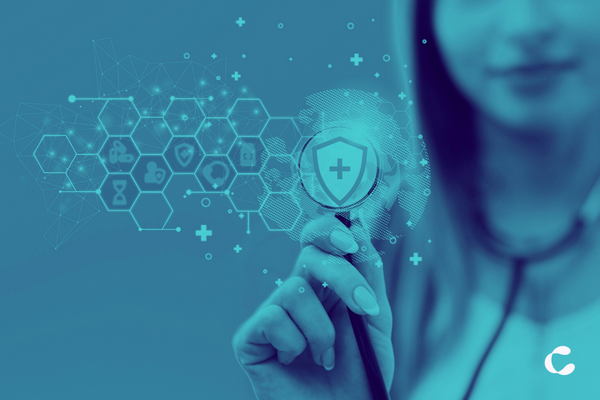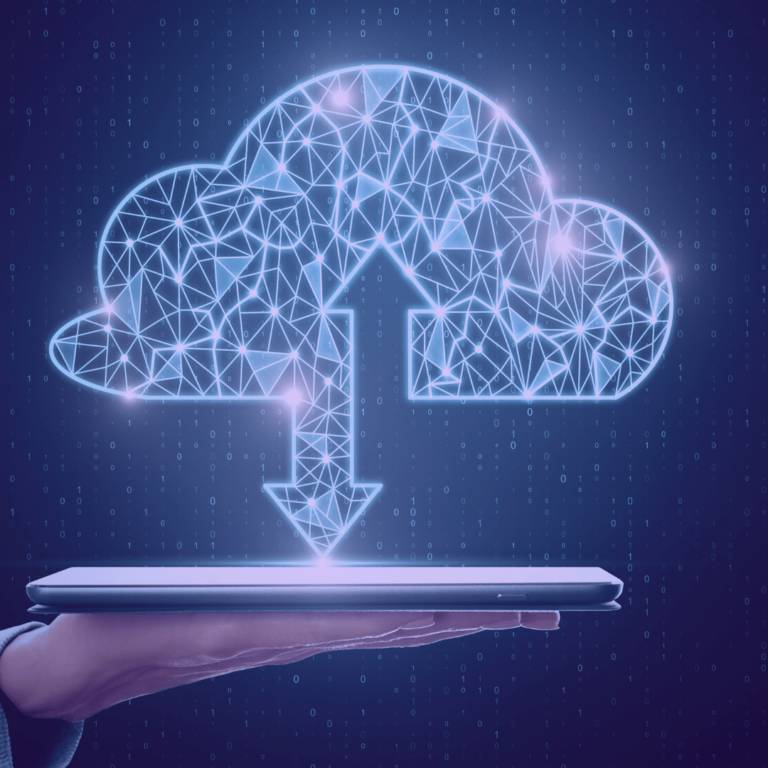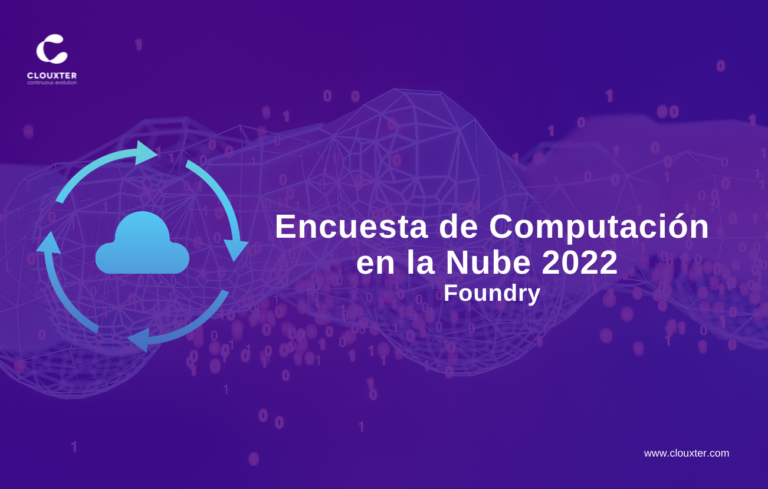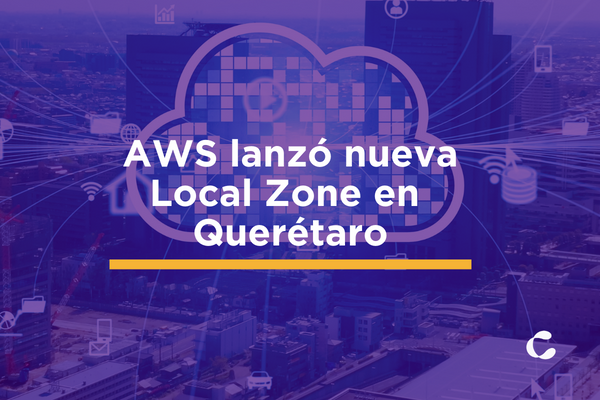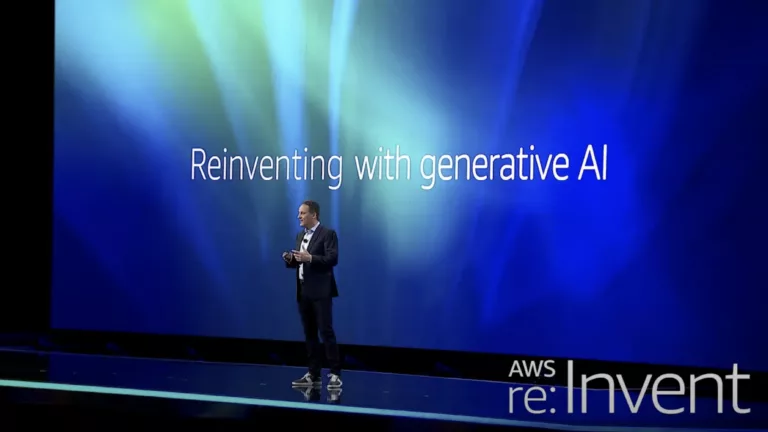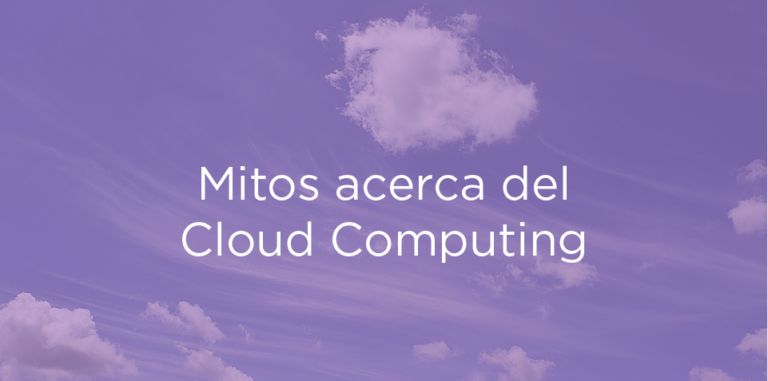5 Recommendations to prevent a cyber attack in the health sector
The healthcare sector has seen accelerated digitalization in recent years, with the increasing use of digital technologies for data management and healthcare services. However, this increase in digitalization has also generated an increase in the risks of cyberattacks on health institutions.
Cyberattacks can have serious consequences, from the theft of patient data and disruption of healthcare services to damaging the institution’s reputation and patient trust. That is why health institutions must take proactive measures to prevent these risks.
At Clouxter, we understand the challenges healthcare institutions face in managing the security of their systems and data in the AWS cloud. That’s why we offer security consulting services in the AWS cloud, which help prevent the risks of cyber attacks. From the implementation of robust IT security measures to employee training and vulnerability testing; Our goal is to help them protect their workloads, and data and ensure the continuity of critical healthcare services.
The risks of a cyberattack on a health institution can be very serious. Some common risks include:
- Patient data theft: Patient data, such as their medical history and social security numbers, are highly valuable to cybercriminals. If data is stolen, it can be used to commit fraud or even blackmail patients.
- Disruption of healthcare services: A cyberattack can disrupt a healthcare institution’s critical systems, which can impact access to medical records, patient monitoring systems, and other essential healthcare services.
- Damage to the health institution’s reputation: If a security breach occurs and confidential patient information is exposed, the health institution may suffer a significant loss of trust and reputation in the market.
These risks are due to the growing amount of data handled in health institutions, and the increasing dependence on digital technologies to manage it. Additionally, cybercriminals have found the healthcare sector a very profitable target for their criminal activities, which is why they are increasing their efforts to attack these institutions.
To prevent these risks, health institutions can take measures such as:
- Implement robust IT Security measures: Health institutions must implement strong IT Security measures, such as multi-factor authentication, data encryption, and constant monitoring of network activity, to protect their systems and data from cyberattacks.
- Perform regular vulnerability testing: Regular vulnerability testing helps healthcare institutions identify weaknesses in their systems and data before they are exploited by cybercriminals. These tests should be performed periodically and updated regularly.
- Train employees on IT Security best practices: Regular training of employees on IT Security best practices is essential to prevent the risks of cyber attacks. Employees must be aware of Computer Security risks and know the health institution’s security policies and procedures.
- Regularly update software and systems: Healthcare institutions should regularly update software and systems to ensure they are protected against the latest security threats. Updates should also include security patches to fix known vulnerabilities.
- Hiring a security expert like Clouxter: Hiring a security expert like Clouxter is essential to mitigate the risks of cyber attacks in the AWS cloud. Security experts can help review and remediate high-risk issues and implement effective IT security measures, and vulnerability monitoring through the Clouxter Sec-Check platform, and determine the best Disaster Recovery strategy for each case. Additionally, they can provide customized solutions for the specific needs of the healthcare institution.
For Clouxter, security should be an ongoing practice, driven by the need to protect against constant threats to the institution’s assets that must be continually maintained and improved.

